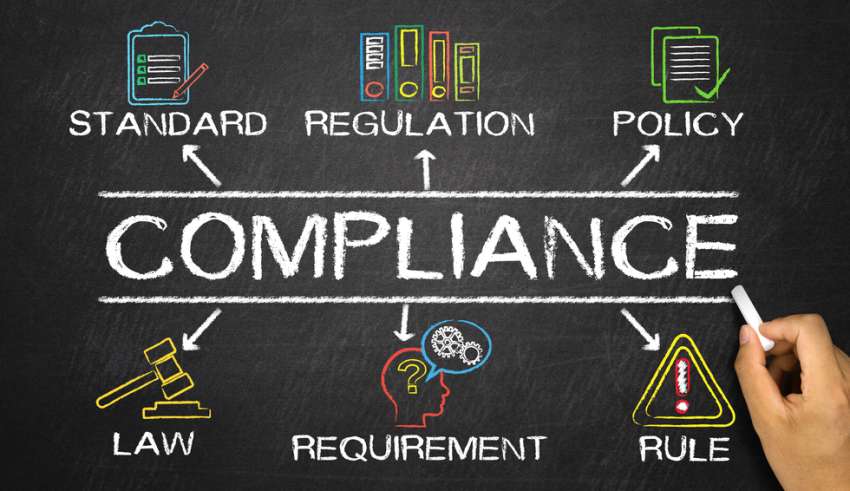
In today’s complex and rapidly changing regulatory landscape across businesses and industries, the need for informed approaches to business strategies compiling all applicable rules and regulations has become even more crucial than ever. That’s where compliance training from platforms like True Office Learning comes along, as compliance awareness is extremely valuable and has numerous benefits for business owners and employees alike.
But what exactly can training sessions like cybersecurity learning from True Office Learning bring to the company’s table? Here are just some of the benefits conducting compliance training offers:
- Employee awareness equals employee engagement
Organizations of any type and size are aiming for great employee engagement and it isn’t difficult to see why! Engaged employees are productive, focused, and on-message, being reliable performers and trustworthy stewards of corporate values.
For employees to be engaged, there must be an incentive. Compliance training provides such incentive as it leverages content knowledge and understanding of excellent conduct expectations. Employees well-informed about compliance requirements and regulatory expectations can turn to their leaders as excellent examples of accountability and integrity.
- Management will feel that warm glow
Managers whose employees are more aware of compliance obligations may receive satisfaction from a “warm glow effect,” which is when employees look up to management as standard-setters and role models. This positive boost of appreciation will reinforce the power of integrity for people to act as a legacy in the workplace.
It’s a positive aspect of one’s career when managers are seen as examples of someone doing the right thing at the right time for the right reasons. Managers would also like to be remembered as such, serving as a motivation to continue contributing to a culture of compliance.
- Mitigate reputational risk
Executive boards would take the brunt of criticism and public scrutiny if a company faces events leading to reputational risk. If an organization ends up being under the spotlight in a negative light, board members are held accountable and looked to for restoring trust and paving the path forward.
Compliance training can help employees of all levels to understand the importance of reporting unethical behavior or fraud when witnessing it. That’s the first step to preventing and mitigating reputational risks businesses face. The key to transparency is to avoid a culture of fear and to enable whistleblowers to prevent major exposure to risking a business’ reputation.
- Effective governance is about clarity and dialogue
The governance structure will only be as good as the compliance sensitivity and knowledge of employees working within them. Expectations need to be clear and discussions about scenarios, dilemmas, and strategic suggestions in the workplace must be the norm.
The boards may decide on the carefully designed architecture for governance within organizations. But if individuals don’t know what to do to be in accord with rules, regulations, and policies, then they aren’t prepared to succeed and make the appropriate choices. That’s where compliance training comes in to support a positive framework, helping control them effectively.
Wrapping It Up
With all these benefits in mind, make sure you start strategizing and creating an effective compliance training program!






